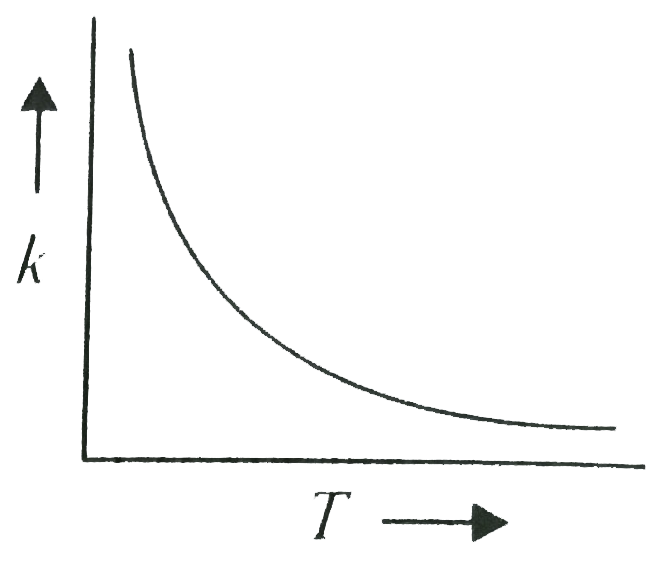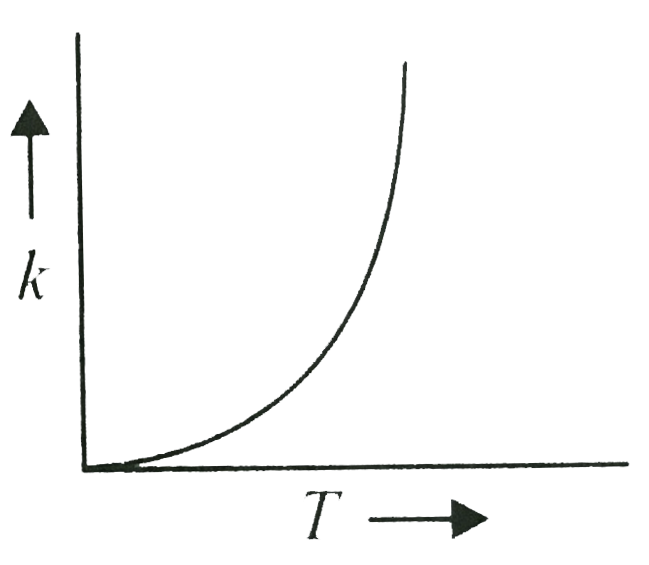In Arrhenius equation k=Ae−Ea/RT), A is the value of the rate constant
A
when Ea>RT
B
at0∘C
C
at absolute zero (0K)
D
when the temperature is infinite
Video Solution
Text Solution
The correct Answer is:D
In Arrhenius equation, k=A , when e−Ea/RT=1 . This happenes only when Ea/RT=0 which is possible if either Ea=0 or T is infinite.
|
Topper's Solved these Questions
- CHEMICAL KINETICSBOOK - R SHARMACHAPTER - CHEMICAL KINETICSEXERCISE - Archives
39 Videos
- CHEMICAL KINETICSBOOK - R SHARMACHAPTER - CHEMICAL KINETICSEXERCISE - Follow-up 6
2 Videos
- BIOMOLECULESBOOK - R SHARMACHAPTER - BIOMOLECULESEXERCISE - Archives
47 Videos
- CHEMISTRY IN EVERYDAY LIFEBOOK - R SHARMACHAPTER - CHEMISTRY IN EVERYDAY LIFEEXERCISE - Archives
11 Videos
Similar Questions
Knowledge Check
In Arrhenius equation , K=Ae−Ea/RT . The A is
Afraction of collisionBfrequency factorCcollision frequencyDCollision factorIn Arrhenius equation , K=Ae−Ea/RT . The A is
AActivation energyBEnthalpy of reactionCFree energy of reactionDRate constant of the reaction at infinite temperatureThe rate constant of most of the reaction increases with increase in temperature. According to the Arrhenius equation,k=Ae−Ea/RT. The curve of rate constant 'k' against temperature 'T' will be.
A B
B C
C D
D
In the Arrhenius equation, k=Aexp−Ea/RT, A may be termed as the rate constant at…………. .
View SolutionIn Arrhenius equation k=Ae−Ea/RT), A is the value of the rate constant
View SolutionIn Arrhenius equation k=Aexp(−EaRT). A may be termed as the rate constant at
View SolutionIn Arrhenius equation , k=AeEaRT , A may not be termed as rate constant .
View SolutionIn the Arrhenius equation: k=Aexp(−Ea/RT), the rate constant
View Solution
